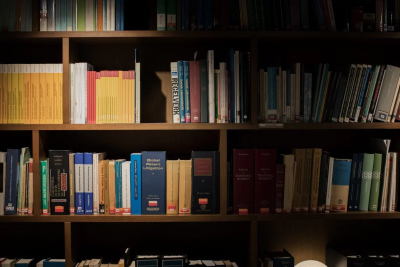Written by Westerberg
Last week, 16 October 2024, the Swedish parliament passed the new Patent Act which will enter into force 1 January 2025. Although no major changes in substance are intended, a few tweaks in relation to the current act can be discerned.
For the last decade attempts have been made to modernise the Patent Act as its current form originates from the late 1960s. In particular, a need to update the act in light of international treaties and cooperations entered into by Sweden, and to adapt the act to current times, has been identified. Accordingly, the major changes are linguistic and redactional in nature. For example, rather than consecutively numbered sections the new Patent Act will be divided into stand alone chapters. Several terms (well known to any patent lawyer) will also be defined, such as novelty, known prior art and inventive step.
However, there are a couple of substantiative updates which merit comment.
The use of biologic material for development of plant varieties and some use of computer programs (e.g. to make necessary changes in a program in order for it to run as intended) are exempt from the exclusive right conferred by a patent.
The provision on contributory infringement is amended such that the person utilising means essential for an invention “shall know or ought to have known†that the means utilised were suited and intended for carrying out the invention for contributory infringement to be at hand (the current wording requires that the person “knows or it in light of the circumstances it is evidentâ€).
Currently, only infringing products manufactured in Sweden can be subject to recall, destruction, change or detention (“korrigeringsÃ¥tgärderâ€, particularly illuminated by the Patent and Market Court of Appeal’s judgment in case no. PMT 8135-19, as covered in our Intellectual Property Yearbook 2020). The relevant provision will now be amended such that these remedies will be available on “products which the infringement concernsâ€. This means that products legally manufactured in another jurisdiction but offered for sale in Sweden, or imported/stored for that purpose, can be recalled, ordered to be destroyed etc., if the invention enjoys patent protection here.
Feel free to reach out to our patent team if you have any questions on this!
Ludvig Holm, Wendela Hårdemark, Björn Rundblom Andersson,
Petter Larsson and MÃ¥ns Ullman.



